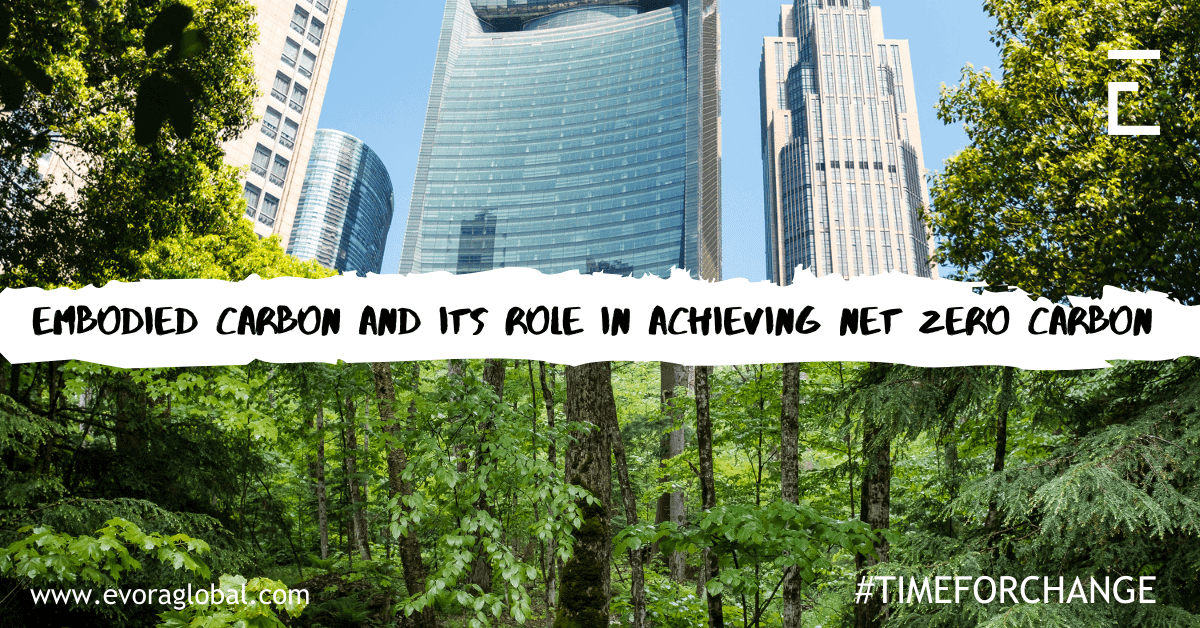
Thought
The State of Corporate Sustainability Reporting in the EU
The legislation for sustainability disclosures in Europe will be reformed in 2021, as part of a major overhaul of financial market regulation. Importantly, these reforms include plans to create accompanying reporting standards.
Similar to financial accounting, sustainability reporting is essential for improved corporate management of risks and opportunities. Focusing on relevant and meaningful disclosures is key to produce high-quality and decision-useful reporting for organisations and investors alike. Using information reported on risks and impacts connected to climate change and broader sustainability matters, investors can best understand an organisation’s activities and strategies.
The European Commission will present a proposal for a reform in early 2021, while the EU Parliament will vote on the issue in Autumn.
EU Commissioner for Financial Services Mairead McGuinness clearlystatedin December 2020 that “the rules of the game must be transformed to fully integrate sustainability at every step of the financial value chain” and identified thereform of the EU Non-Financial Reporting Directiveas “one of the priorities to strengthen the foundations for sustainable investment”.
Other reporting proposals have also recently stirred the reporting landscape, including:
- AStatement of Intent to Work Togetherfrom five reporting framework and standard-setting organisations that emphasises alignment and harmonisation;
- Aproposalfrom the International Financial Reporting Standards (IFRS) Foundation to create a new Sustainability Standards Board (SSB) that would develop global sustainability standards;
- The World Economic Forum International Business Councilwhite paperthat puts forth a common metrics for consistent reporting disclosure, building on existing sustainability reporting standards and frameworks.
These developments imply future changes to an organisation’s reporting structure and process. They lay the groundwork for framework that has close linkage to financial reporting, ultimately meaning that companies will need to treat sustainability information with a higher level of rigor, akin to information included in financial reporting.













